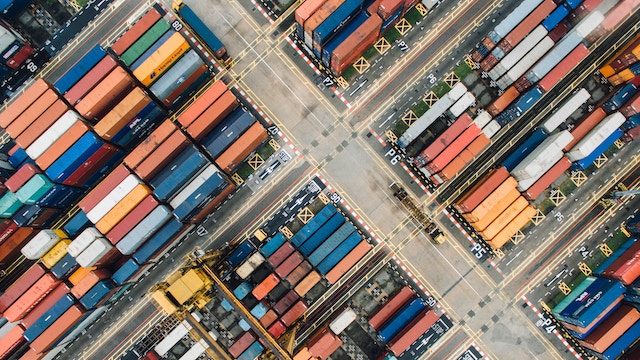For the second time this year, US Customs and Border Protection has halted the import of goods suspected of being produced using forced labor. It’s a rare move, but an important one designed to counter forced labor in supply chains abroad.
The agency issued Withhold and Release Orders (WROs) for rough diamonds, gold and disposable rubber gloves from a range of countries, including China, Malaysia, Zimbabwe, the Democratic Republic of the Congo, and Brazil.
The only other WRO issued in 2019 came earlier this year when US Customs and Border Patrol blocked some tuna and products linked to forced labor.
“CBP’s issuing of these five withhold release orders shows that if we suspect a product is made using forced labor, we’ll take that product off U.S. shelves,” said acting CBP Commissioner Mark Morgan.
CNN reports:
Enforcing the forced labor rules is one of the most “challenging trade enforcement issues” for the agency, said Brenda Smith, CBP’s executive assistant commissioner of trade.
“Forced labor can be difficult to detect because although it is outlawed and not condoned in many parts of the world, it still occurs in the shadows and goes undetected,” she said.
Merchandise produced with forced labor is also difficult to trace due to long, opaque supply chains, according to Smith.
The US has had a ban on goods that use forced labor since 1930, but enforcement was rare until Congress changed the law in 2016, according to the law firm Arnold & Porter.
CBP needs information that reasonably, but not conclusively, indicates that merchandise being imported had used forced labor for it to be banned. Investigations can be triggered in several ways, including through news reports and tips from the public or trade community, according to the agency.
In this case, CBP found that garments made in the far western Chinese province of Xinjiang were made by workers who were subject to isolation, restricted movement, and physical and sexual violence.
Smith noted that while there have been several reports of forced labor tied to Xinjiang, this is one of the few times they have been able to link such reports to a specific shipment to the US.
Similarly, for diamonds being imported from Zimbabwe, CBP found evidence that the police, military and other security officers in charge of guarding the mines were forcing people to stay in the mines or face punishment.
For US companies importing these blocked goods, they now have the option of either exporting the products or trying to prove to CBP that the goods were not made using forced labor.







Freedom United is interested in hearing from our community and welcomes relevant, informed comments, advice, and insights that advance the conversation around our campaigns and advocacy. We value inclusivity and respect within our community. To be approved, your comments should be civil.
Forced labor is ruthless corporate fascism and must be fought every step of the way. This decision by CPB comes none too soon and hopefully other similar decisions will follow. This is non negotiable. Either you believe in human rights or you dont.